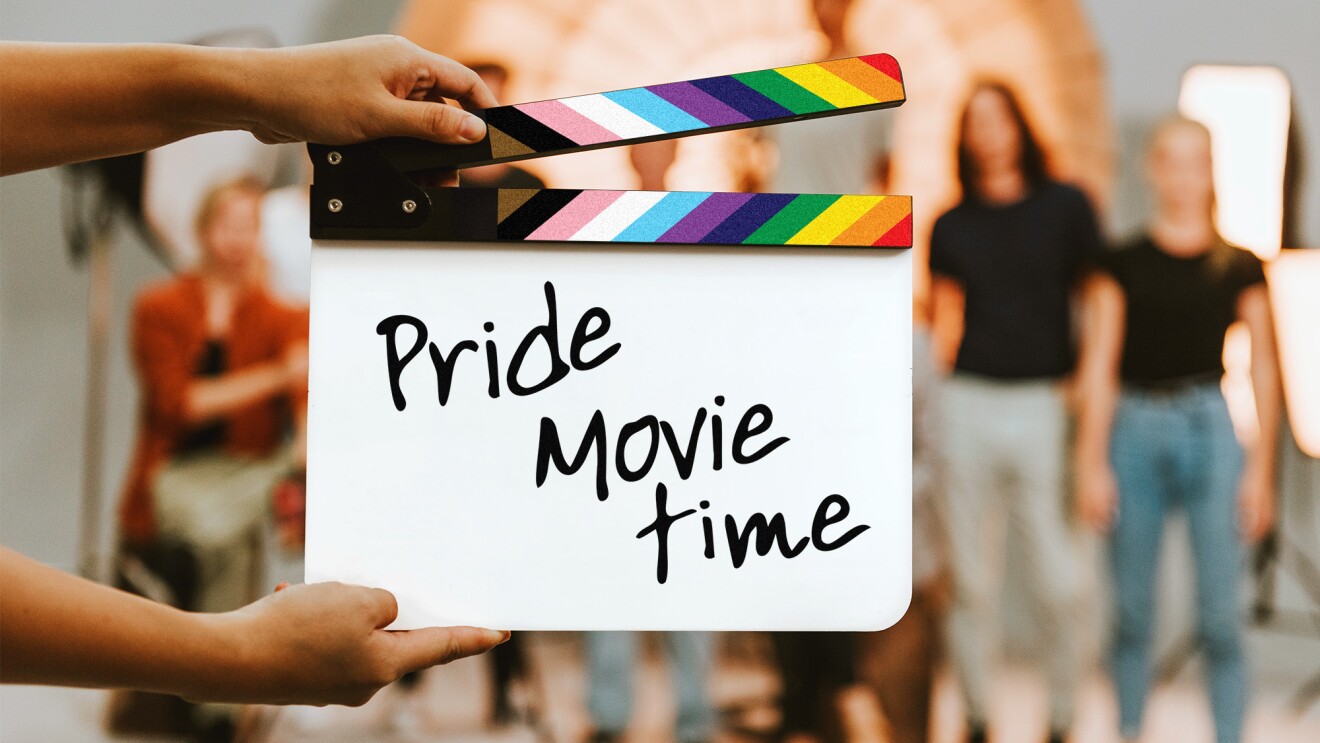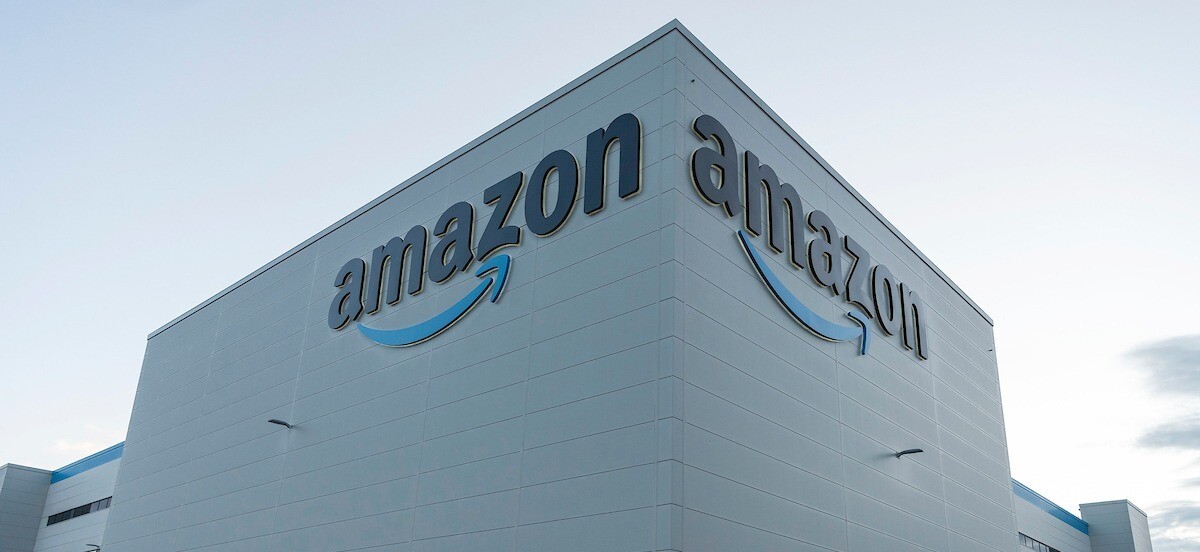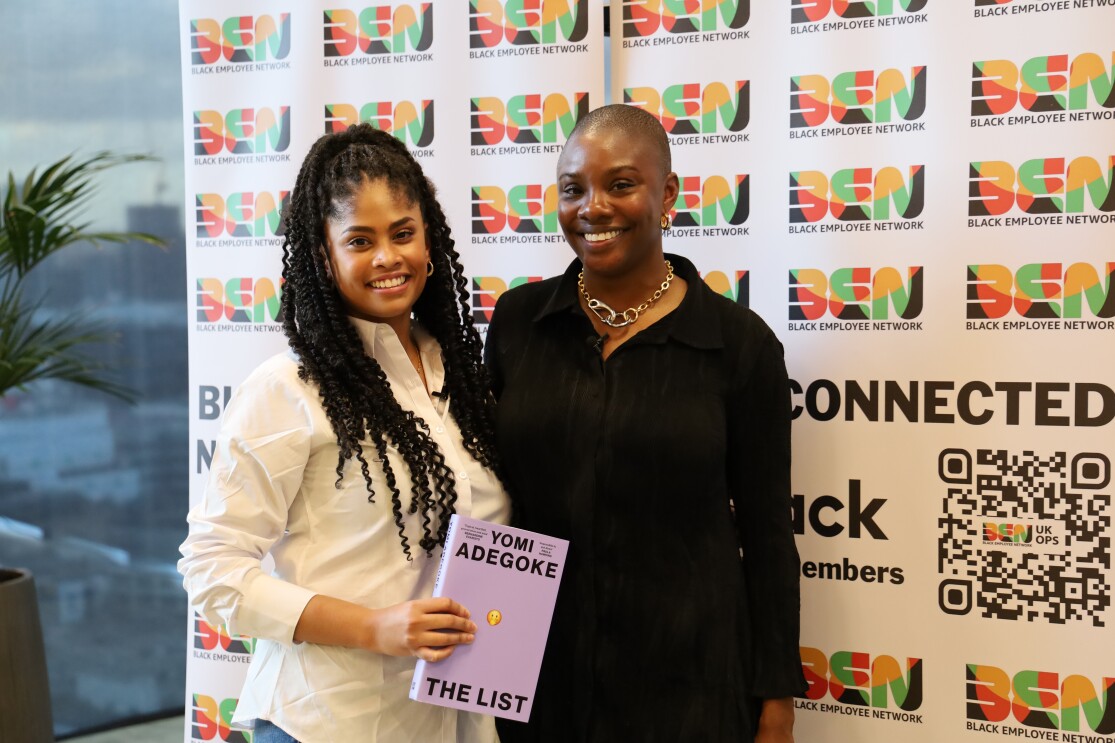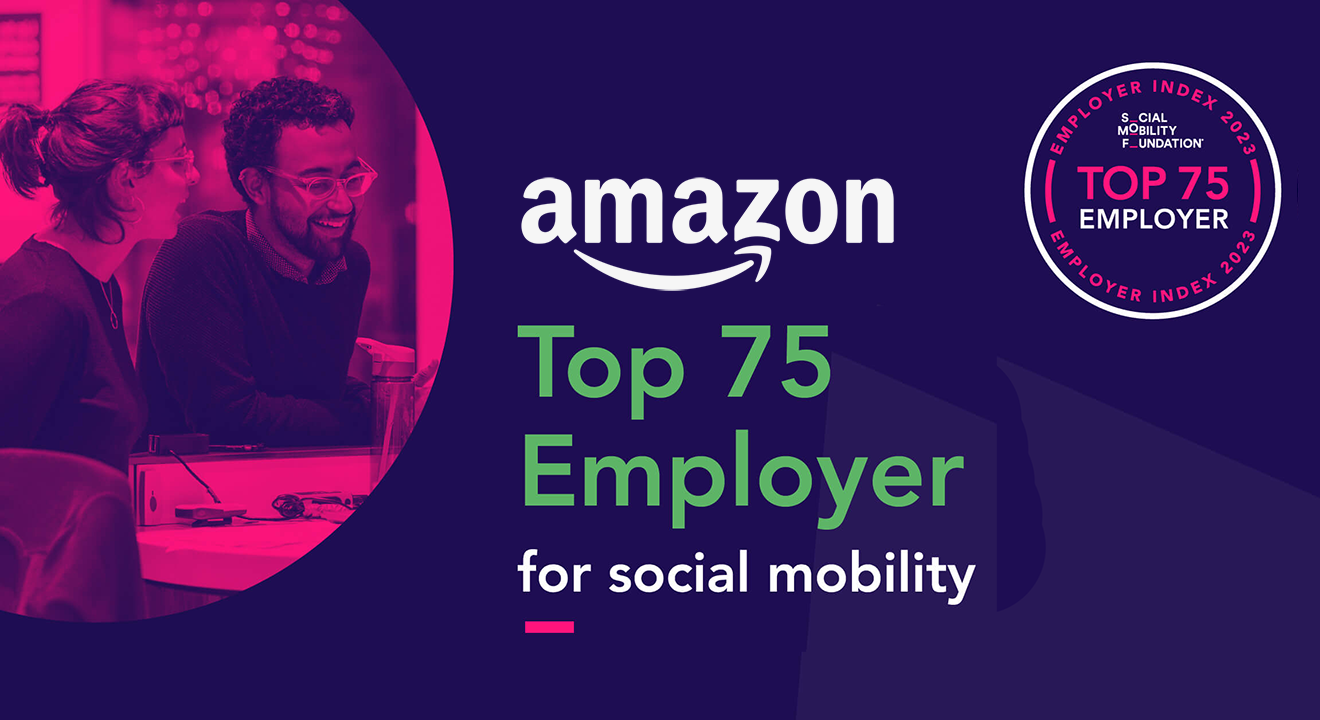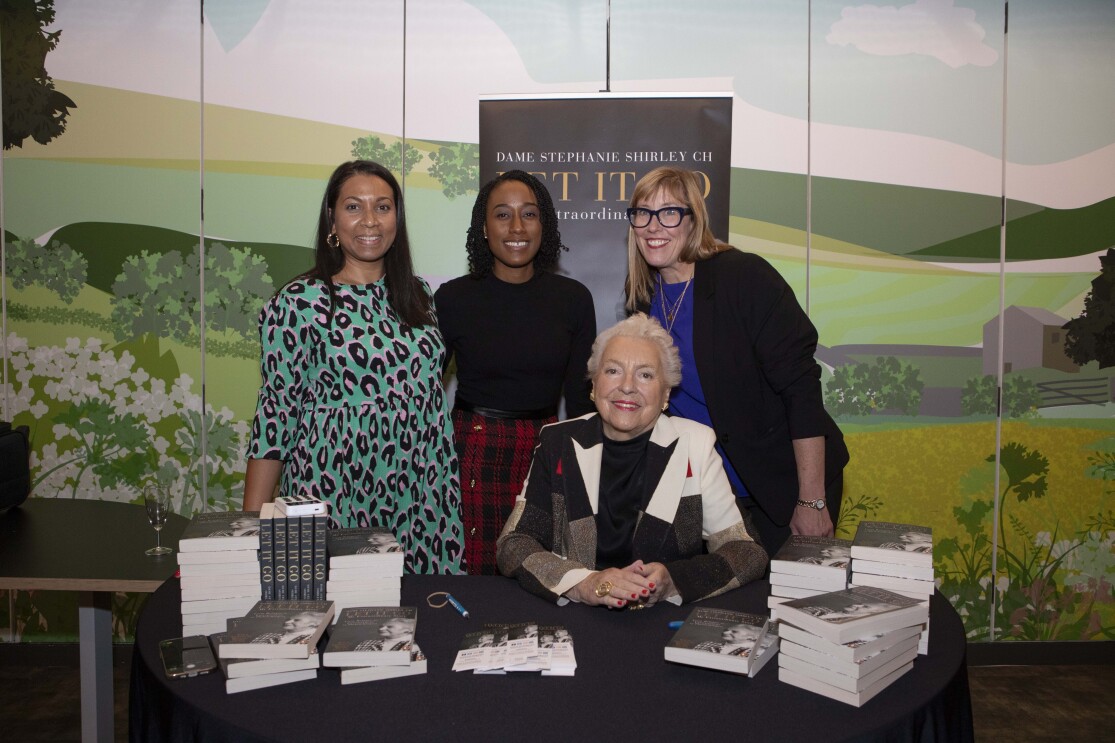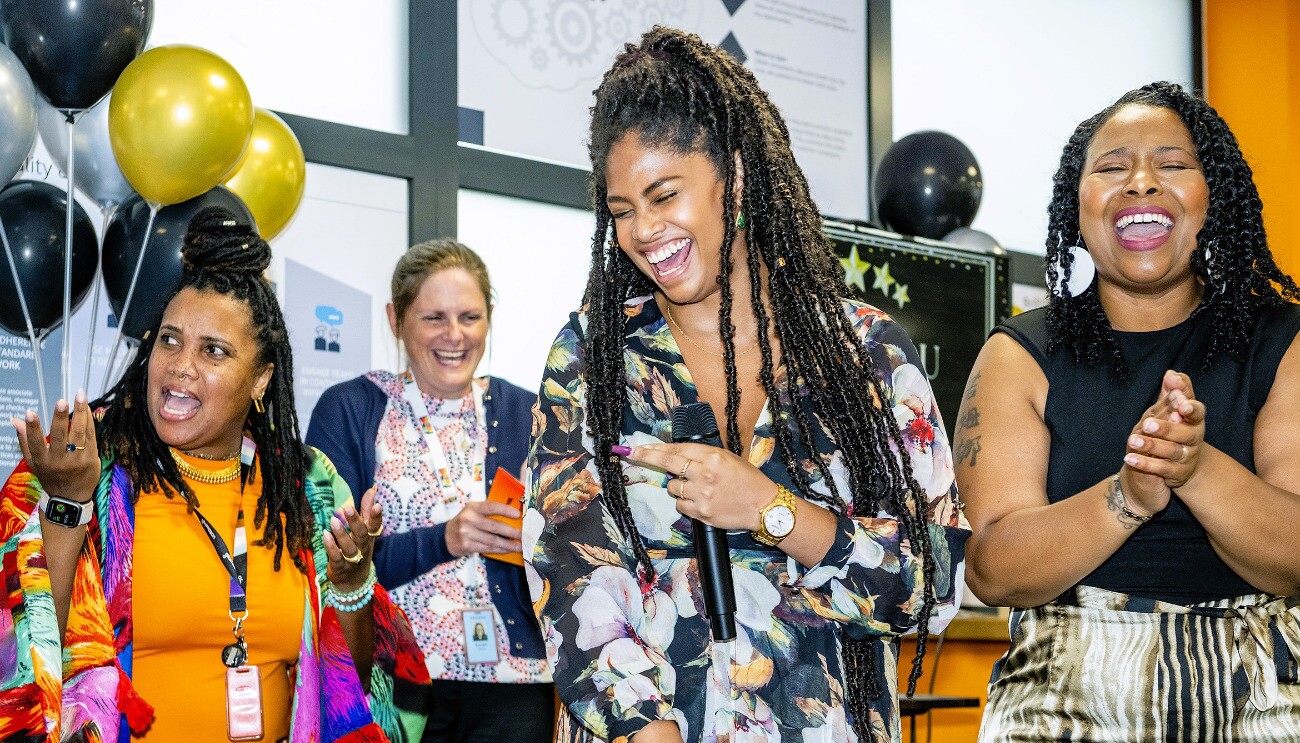This month, Amazonians launched a new UK-based affinity group focused on providing support to women within Amazon’s finance teams regardless of role or level called ‘WiFi’ (Women in Finance).
Launching with 75 male and female members in the UK, WiFi’s vision is to make Amazon ‘Earth's most sought after long-term career choice for women in Finance’, helping to recruit, retain and advance women working in finance across Amazon’s UK offices.
Renate Uijtewaal, Executive Assistant in Finance and board member for WiFi, said: “I am excited and proud to be the Communication Director for the WiFi UK board. So far it has been an amazing journey and I love working with the other board members on building a forum for women in finance through which they can network and partner to develop a welcoming and inclusive workplace culture. We are already looking forward to organising the next events.”
To mark the launch, Amazon WiFi UK held a silent auction at a breakfast event to raise for the Women’s Organisation, the largest developer and deliverer of training and support focused on helping women in the UK. Through a silent auction, which includes prizes from across the business such as football and theatre tickets, Christmas hampers, Amazon devices and mentoring lunches, WiFi raised over £3,500 for the charity.
Helen Millne, deputy CEO of The Women’s Organisation said: “The Women’s Organisation have been campaigning for gender equality for the last 22 years, and this donation will help to support our ongoing work to empower women, raise aspirations and build the next stepping stones for change.”
Throughout 2018, they plan to organise quarterly events to support women in finance, including speed networking, access to high profile guest speakers and mentoring opportunities.
Marie Mundy, FinOps Business Partner Manager and member of the new Amazon WiFi Affinity Group added: “Whilst there are many movements in the industry to address gender specific challenges, I feel the WiFi program in the UK is able to distinguish itself by the level of involvement from all genders, both male and female. Such buy-in is critical to ensure that the program is not perceived to favour one over the other, but rather seek to establish an equilibrium and equal opportunities for all.”


